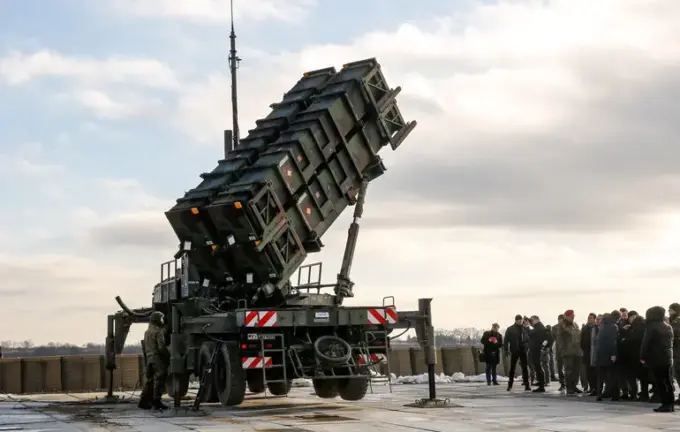Shifts in Transatlantic Relations: How the Conflict Is Reshaping European and American Security

In recent months, the international community has witnessed fundamental changes in the structure and nature of strategic alliances between the United States and their European partners.
The traditional transatlantic partnership, built over decades on trust, shared values, and long-term cooperation—from deterring Soviet influence during the Cold War, to combating terrorist organizations like Al-Qaeda and ISIS, and countering Russian aggression and Chinese expanding influence— is undergoing significant transformation.
Currently, the level of mutual trust has diminished sharply, leading to a more flexible, transactional approach to cooperation, centered around short-term deals and exchanges of favors.A clear example of this shift is the evolving model of arms procurement for Ukraine.
Simultaneously, European nations and NATO are seeking new ways to maintain their strategic interests, notably through the creation of the EU Security Action Fund SAFE, with a total volume of €150 billion.
This fund aims to serve as a vital instrument for financing defense purchases and technological projects within the EU, opening fresh avenues for joint action and increasing the influence of European defense industries.
At the same time, U.S.
companies and government have yet to show significant interest in participating in this program, creating opportunities for innovative diplomatic and defense collaborations involving Ukraine and Europe.A major challenge remains the continent’s capacity to ensure its own defense independently, especially given the continued reliance on U.S.
military power as a fundamental safeguard against Russia and other threats.
As Europe continues to boost its arms manufacturing capabilities and update its technological base, strengthening cooperation with the U.S.
remains crucial.
However, countries like France advocate for European strategic autonomy, emphasizing that the EU’s defense spending should foster the development of its own industries rather than reliance on imported, ready-made weaponry.In this evolving landscape, it is essential to recognize that uninterrupted U.S.
support remains vital for European security for at least the next decade.
Politicians on the continent must prioritize strategic alliances and explore new avenues for joint defense efforts to preserve the regional balance of power and mitigate overdependence that could undermine security.

